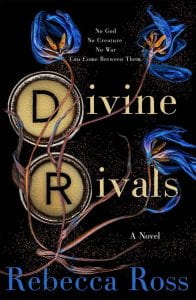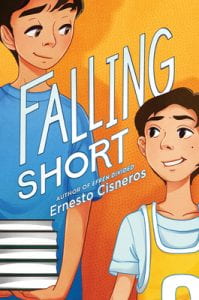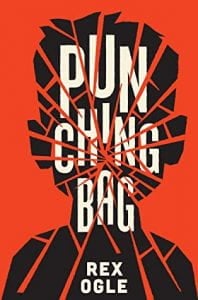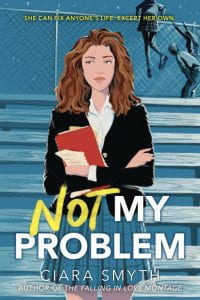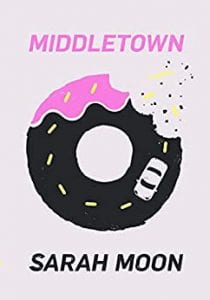 Winston, Sherri. Shark Teeth. Bloomsbury Children’s Books, 2024, 978-1-547-60850-1. $17.99. 304 p. Grades 4-8.
Winston, Sherri. Shark Teeth. Bloomsbury Children’s Books, 2024, 978-1-547-60850-1. $17.99. 304 p. Grades 4-8.
Sharkita also known as “Kita” is constantly in fear of the other shoe dropping. She has assumed the role of “mom” too many times to trust that it won’t happen again. She’s been separated from her siblings and put in foster care by social services too many times to believe now that Mama is home and seems to have stopped drinking and going out with her friends that everything will be okay and that things have changed. When Kita’s new Assistant Principal and dance coach asks some questions about Kita’s homelife she is determined to keep her and her siblings together, so she lies to keep up appearances when the truth is Mama has been going out again and leaving the kids at home alone. With the fear of being separated from her siblings constantly looming, Kita feels more and more anxious and questions if being together and neglected by Mama is really what is best for her and her siblings.
THOUGHTS: Oof. This one hit hard. It touches on so many different topics in such a genuine and realistic manner that it is at times hard to read. You want what’s best for Kita and her siblings, but the reality of leaving/being separated from her mother and siblings is hard to grasp.
Realistic Fiction




